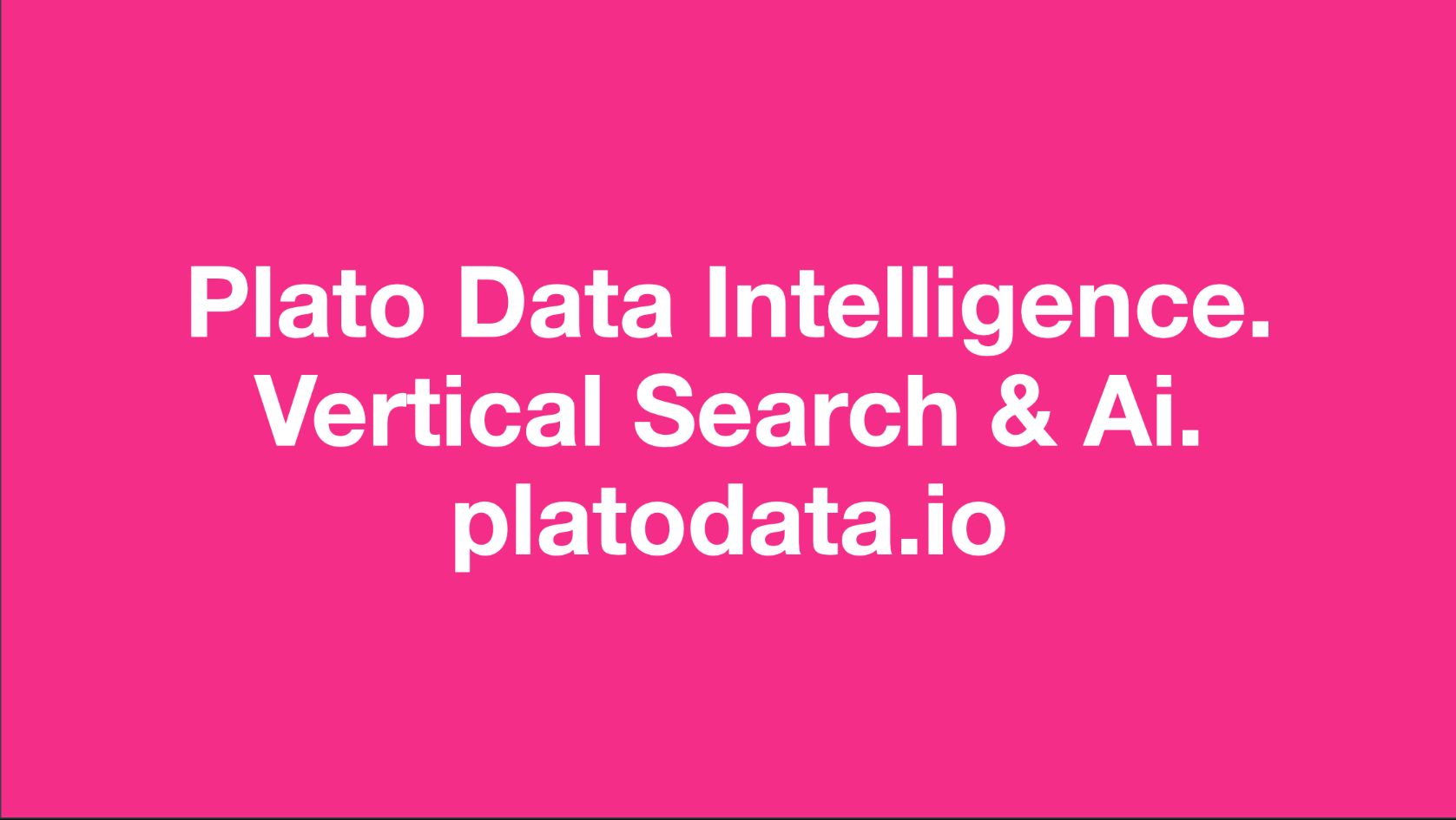Biocomputing is an exciting new field of research that has the potential to revolutionize the way we process data. It involves the use of biological components such as cells, proteins, and enzymes to create a computer system that can perform complex tasks. One of the most promising aspects of biocomputing is the use of mini-brains as processors compared to artificial intelligence (AI).
Mini-brains are small, self-contained systems that are capable of performing basic computations. They are made up of neurons, which are interconnected to form a network that can process information. Mini-brains are much smaller than traditional computers and can be used to solve problems that are too complex for AI.
The potential of biocomputing using mini-brains is immense. Mini-brains have the ability to learn and adapt to new situations, which makes them ideal for use in robotics and autonomous systems. They can also be used to process large amounts of data quickly and accurately. This could be used in medical research, as mini-brains could be used to analyze patient data and provide more accurate diagnoses.
Mini-brains can also be used to develop more efficient algorithms for AI systems. By combining the power of mini-brains with AI, researchers can create systems that are more efficient and accurate than those created with traditional methods. This could lead to more advanced AI systems that are better able to handle complex tasks.
The potential of biocomputing using mini-brains is immense, and it is only just beginning to be explored. Mini-brains have the potential to revolutionize the way we process data and could lead to more efficient and accurate AI systems. As research continues, the possibilities for biocomputing using mini-brains will only continue to grow.
- SEO Powered Content & PR Distribution. Get Amplified Today.
- Platoblockchain. Web3 Metaverse Intelligence. Knowledge Amplified. Access Here.
- Source: Plato Data Intelligence: PlatoAiStream
- :is
- $UP
- a
- ability
- Able
- accurate
- accurately
- adapt
- advanced
- AI
- AI / Web3
- AI systems
- AiWire
- algorithms
- amounts
- analyze
- and
- ARE
- artificial
- artificial intelligence
- Artificial intelligence (AI)
- AS
- aspects
- autonomous
- autonomous systems
- basic
- BE
- Beginning
- Better
- by
- CAN
- capable
- Cells
- combining
- compared
- complex
- components
- computations
- computer
- computers
- continue
- continues
- could
- create
- created
- data
- develop
- efficient
- exciting
- Explored
- Exploring
- field
- For
- form
- Grow
- handle
- Have
- ideal
- immense
- in
- information
- Intelligence
- interconnected
- IT
- large
- lead
- LEARN
- made
- MAKES
- medical
- medical research
- methods
- more
- more efficient
- most
- network
- Neurons
- New
- of
- ONE
- patient
- patient data
- perform
- performing
- plato
- Plato AiWire
- Plato Data Intelligence
- PlatoData
- possibilities
- potential
- power
- problems
- process
- processors
- promising
- Proteins
- provide
- quickly
- research
- researchers
- revolutionize
- robotics
- situations
- small
- smaller
- SOLVE
- such
- system
- Systems
- tasks
- that
- The
- Them
- to
- too
- traditional
- use
- Way..
- Web3
- which
- will
- with
- zephyrnet







